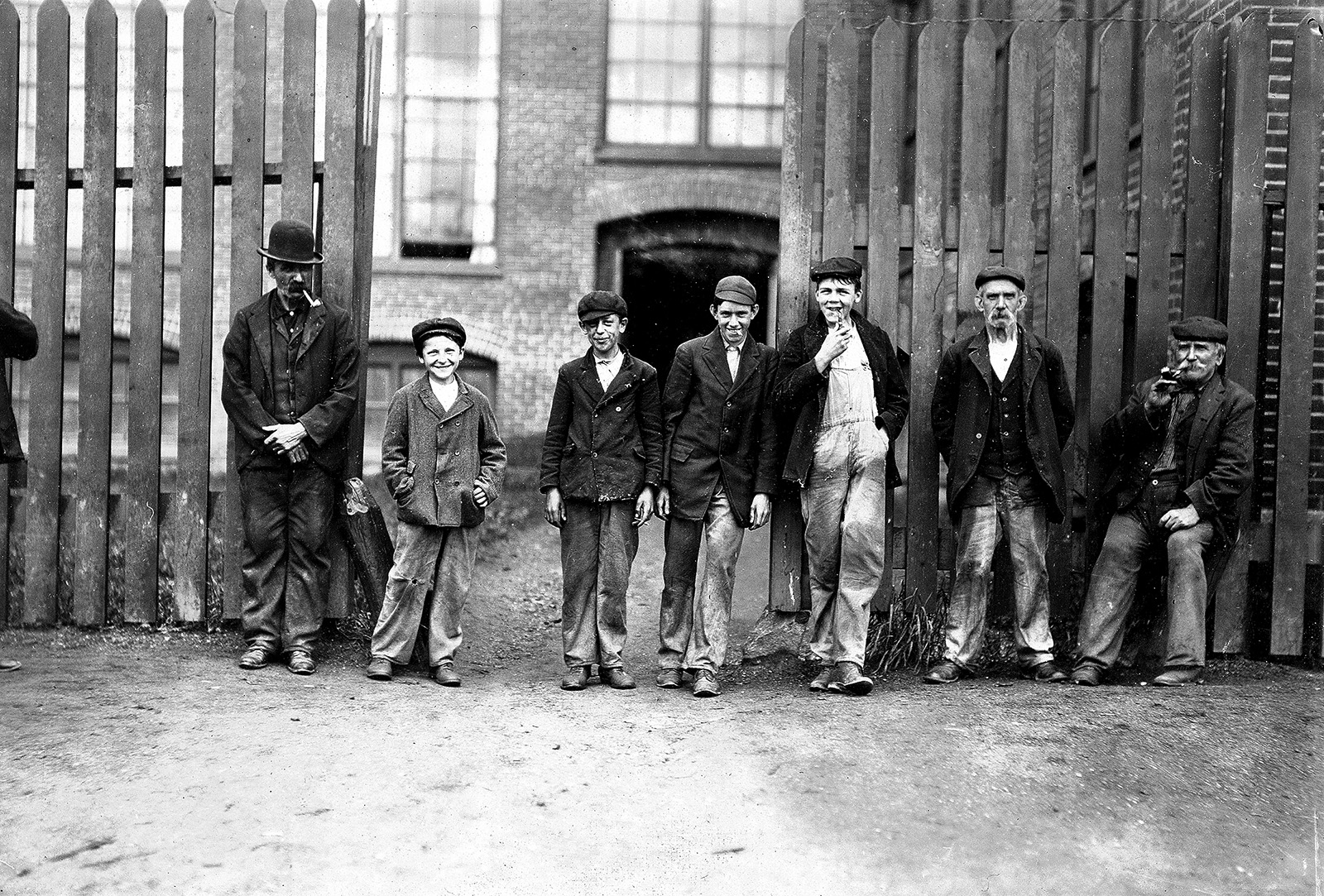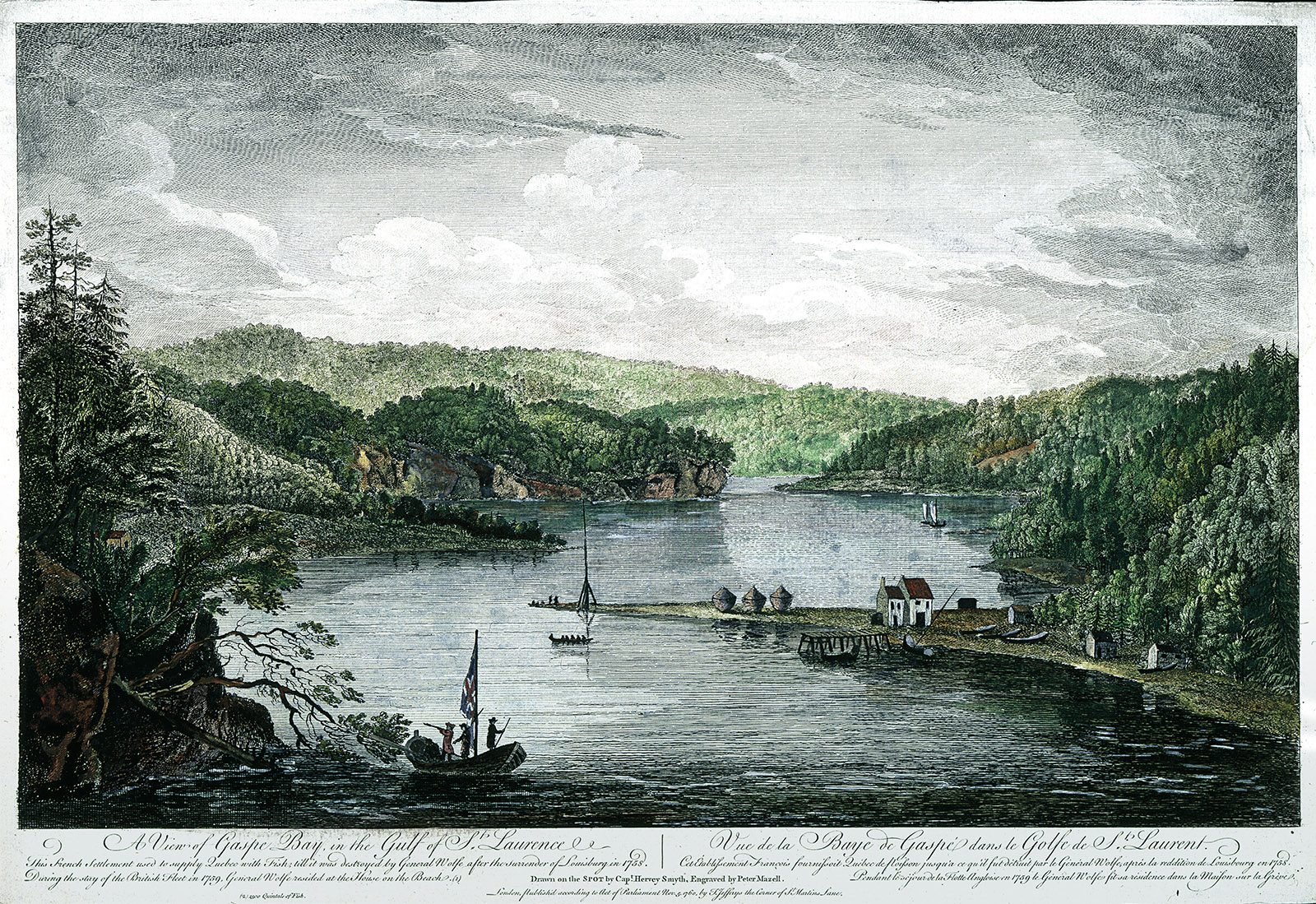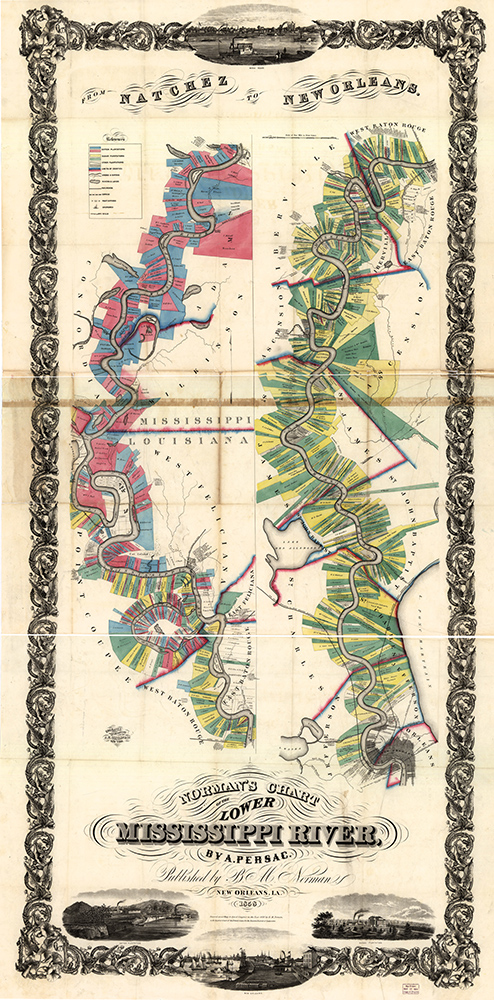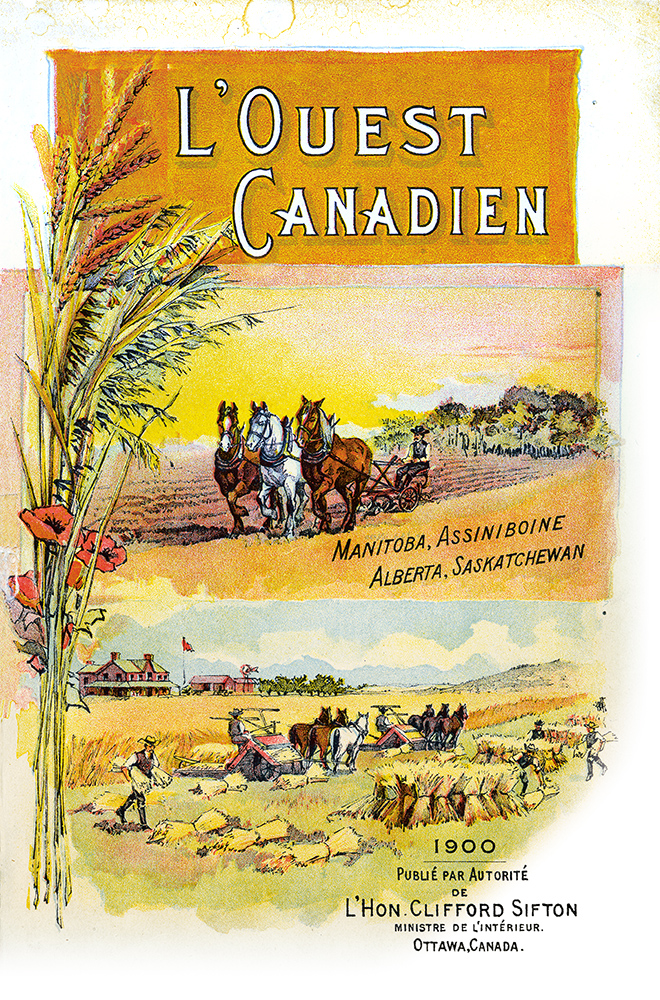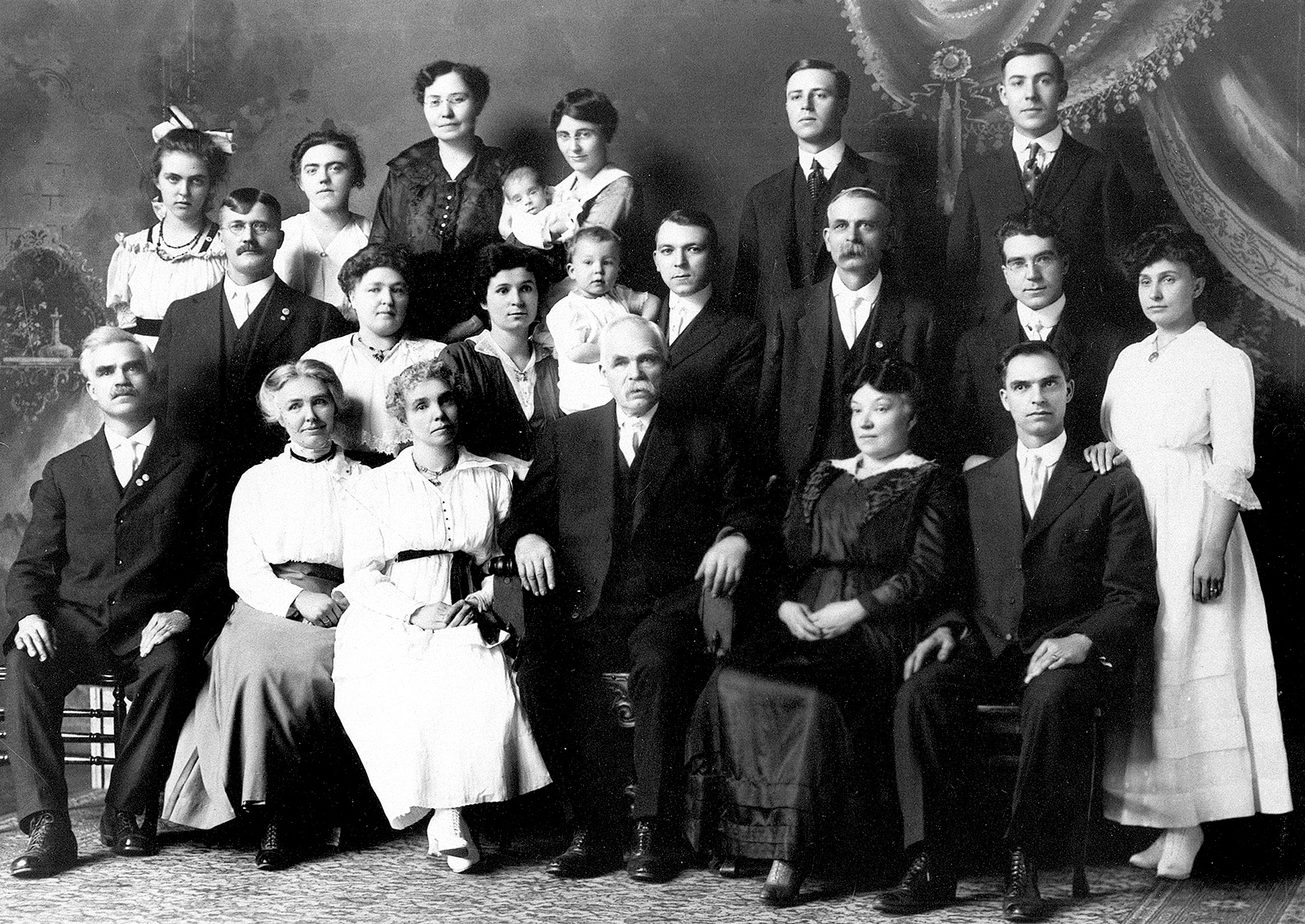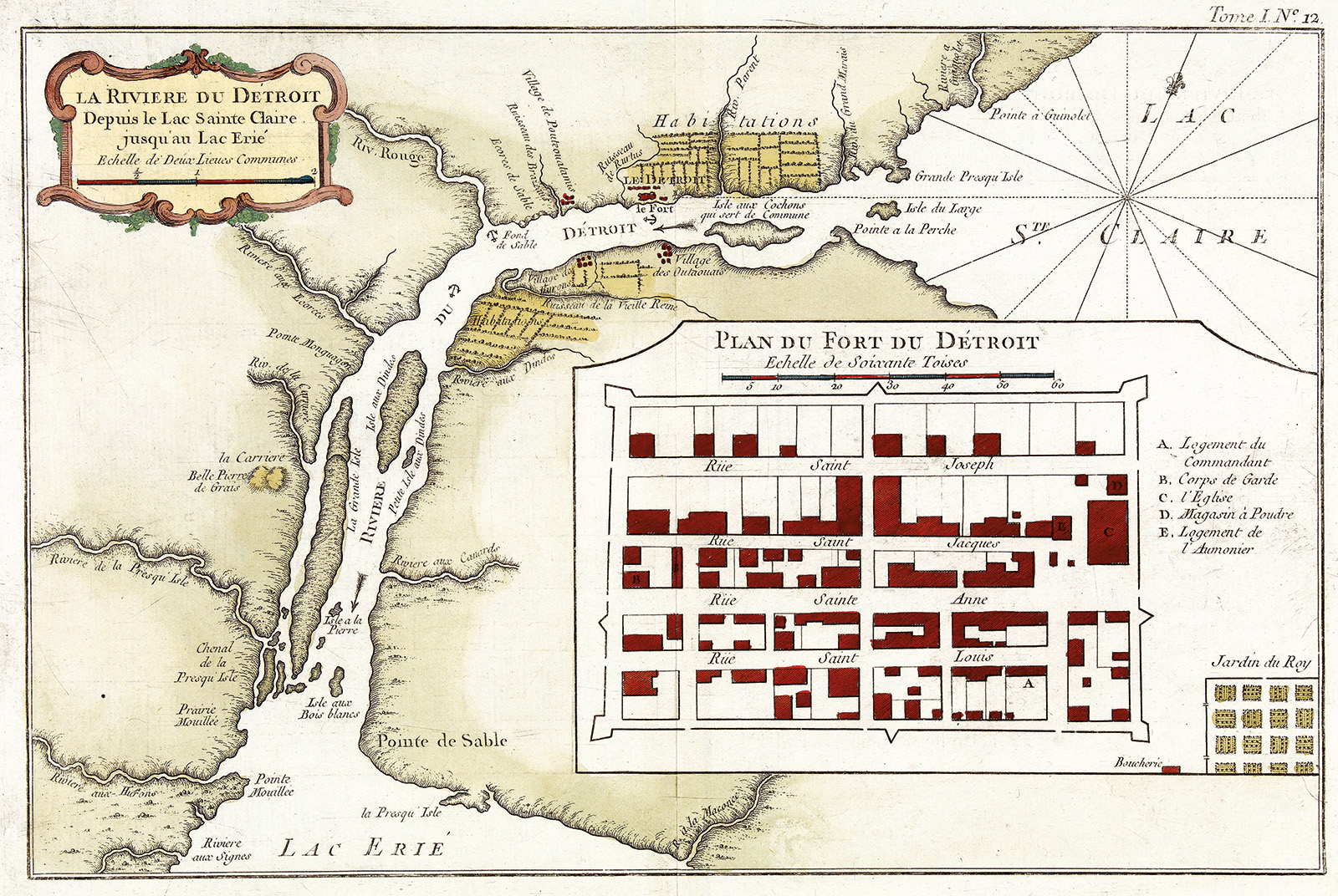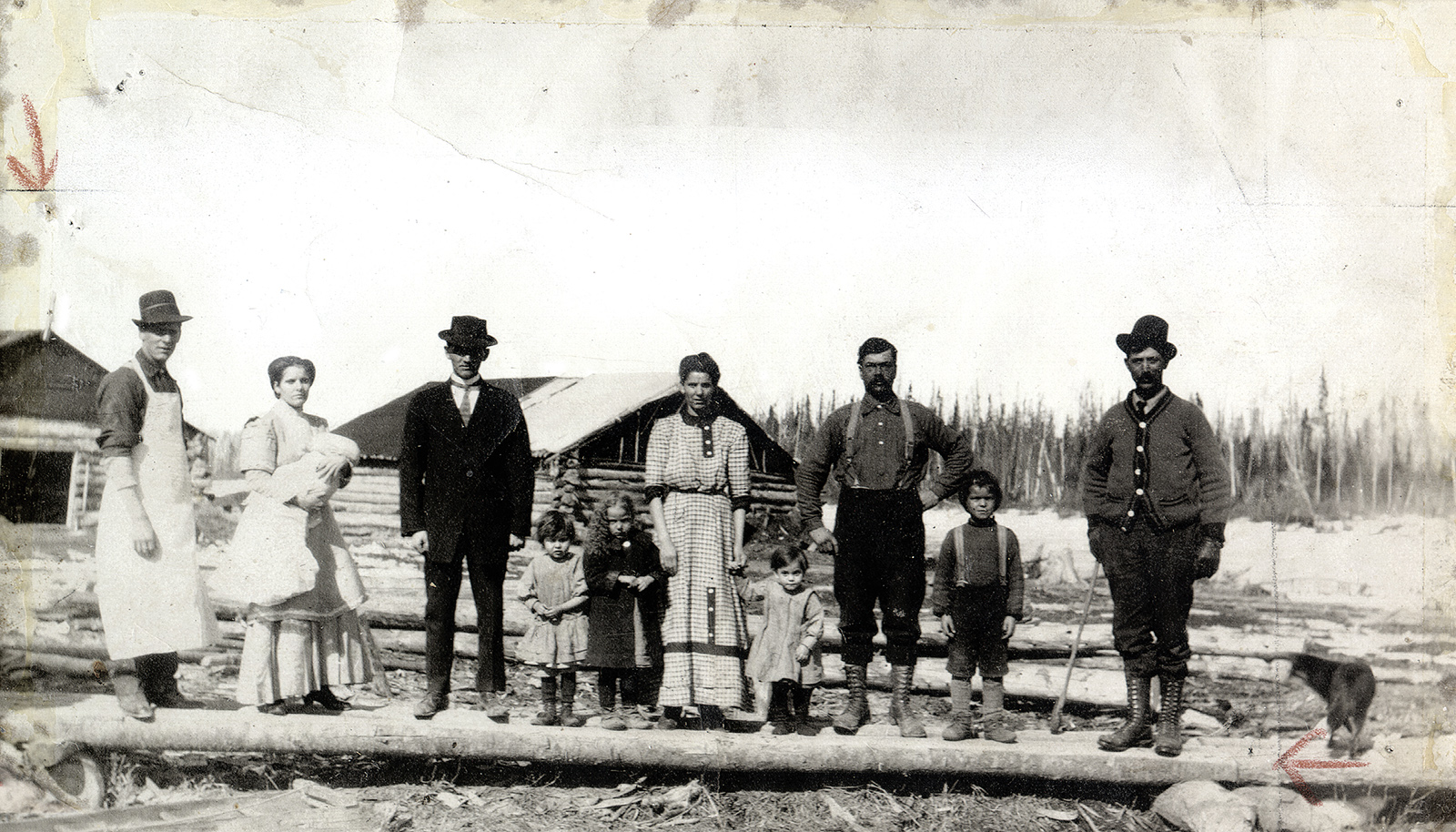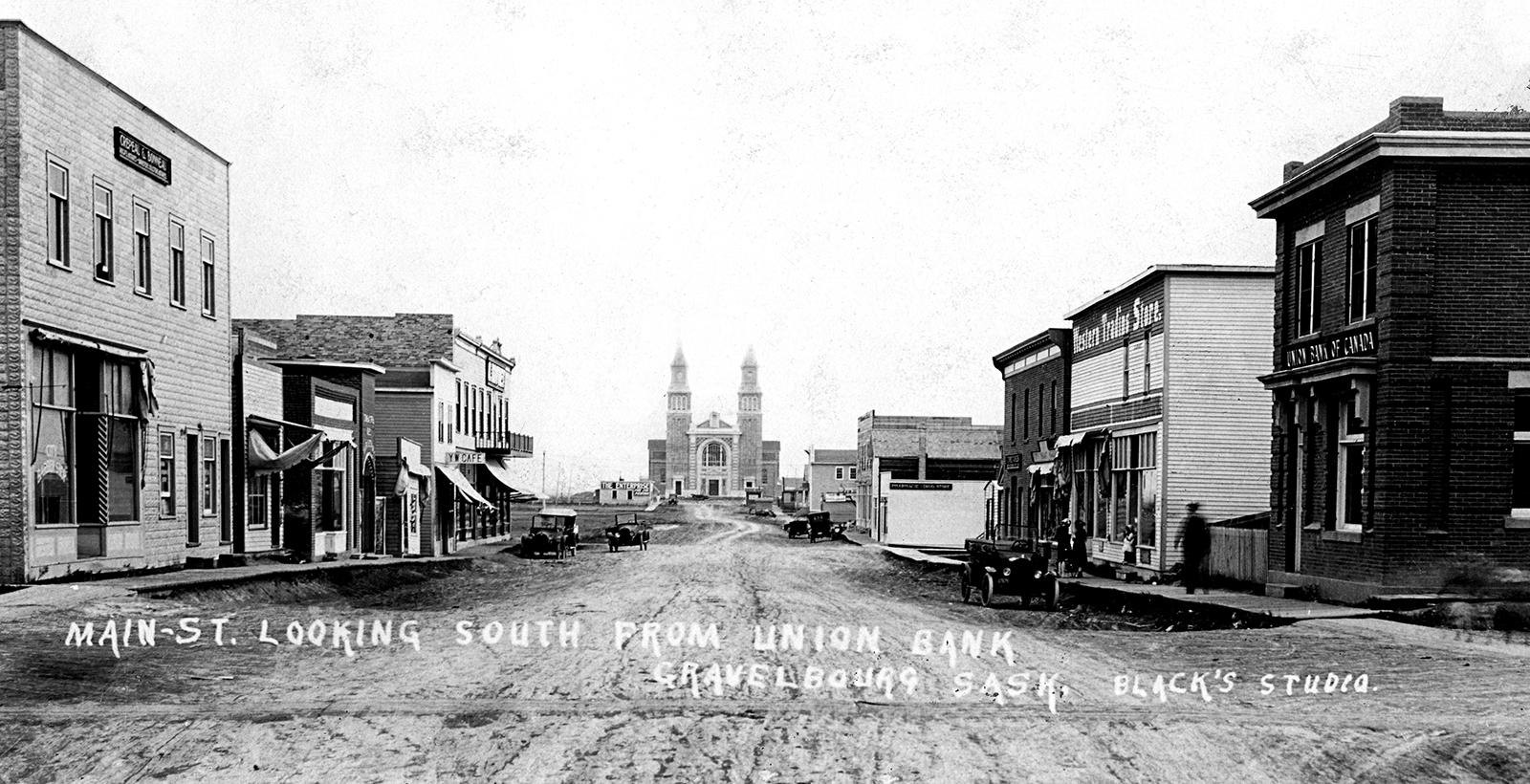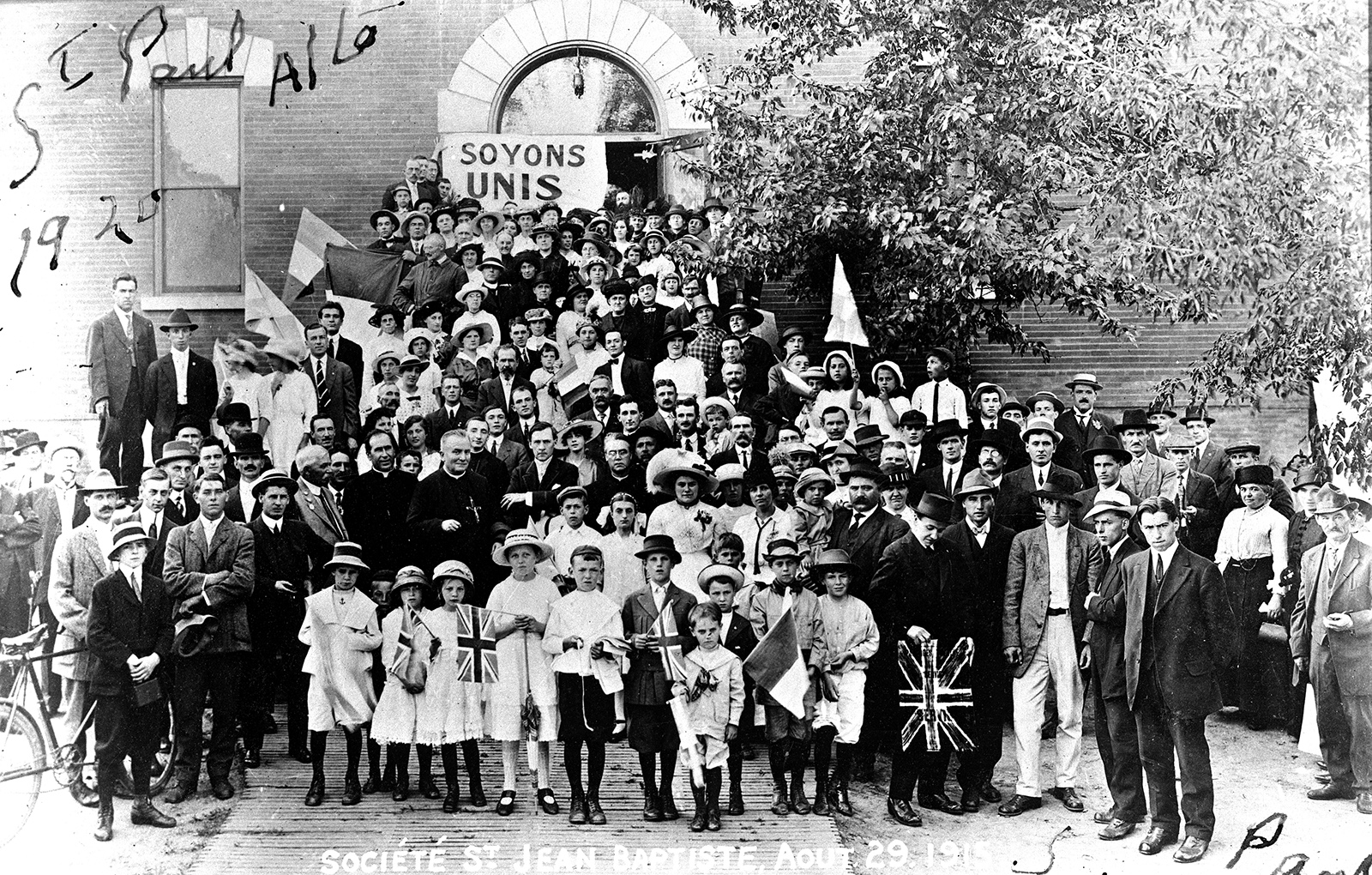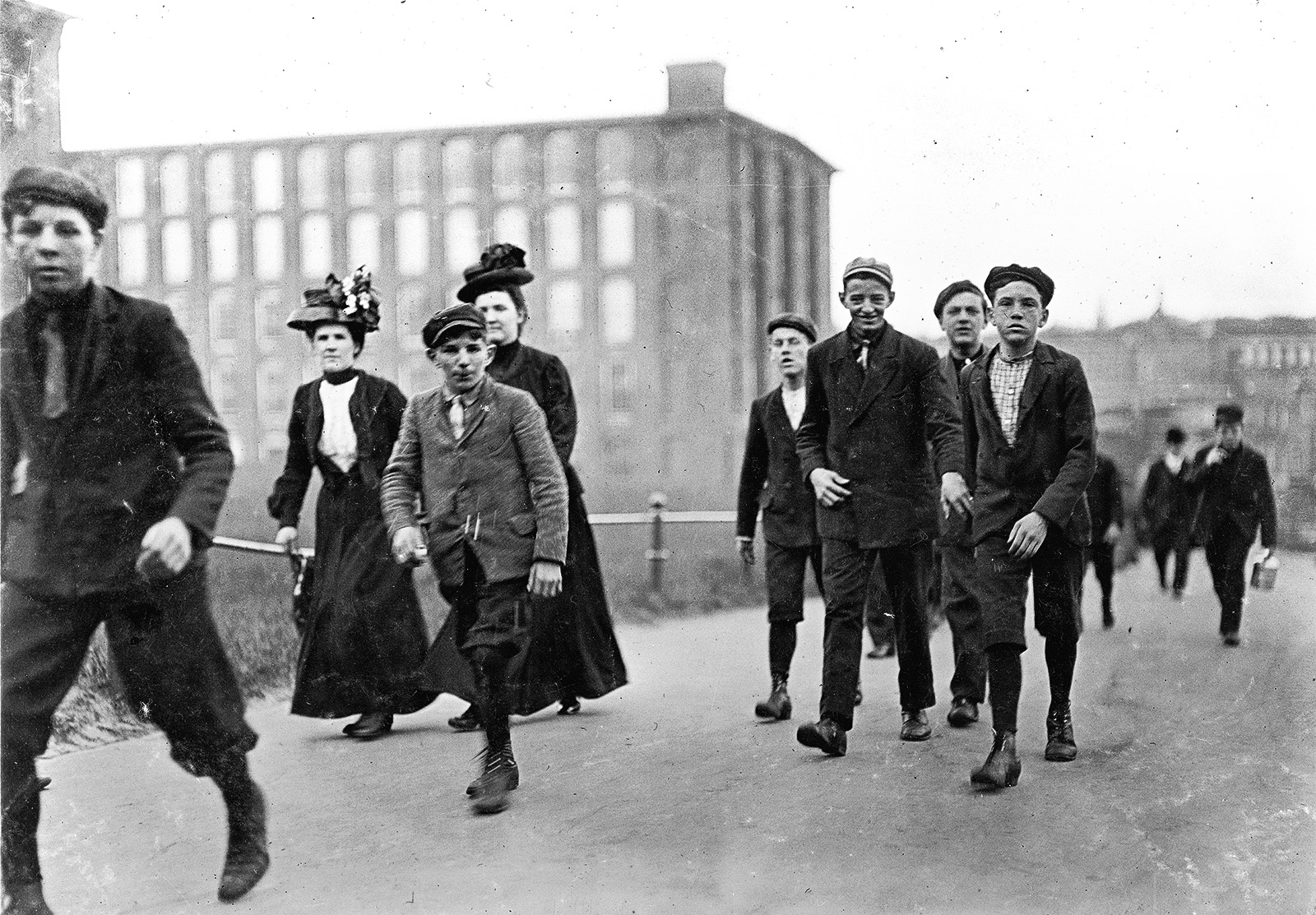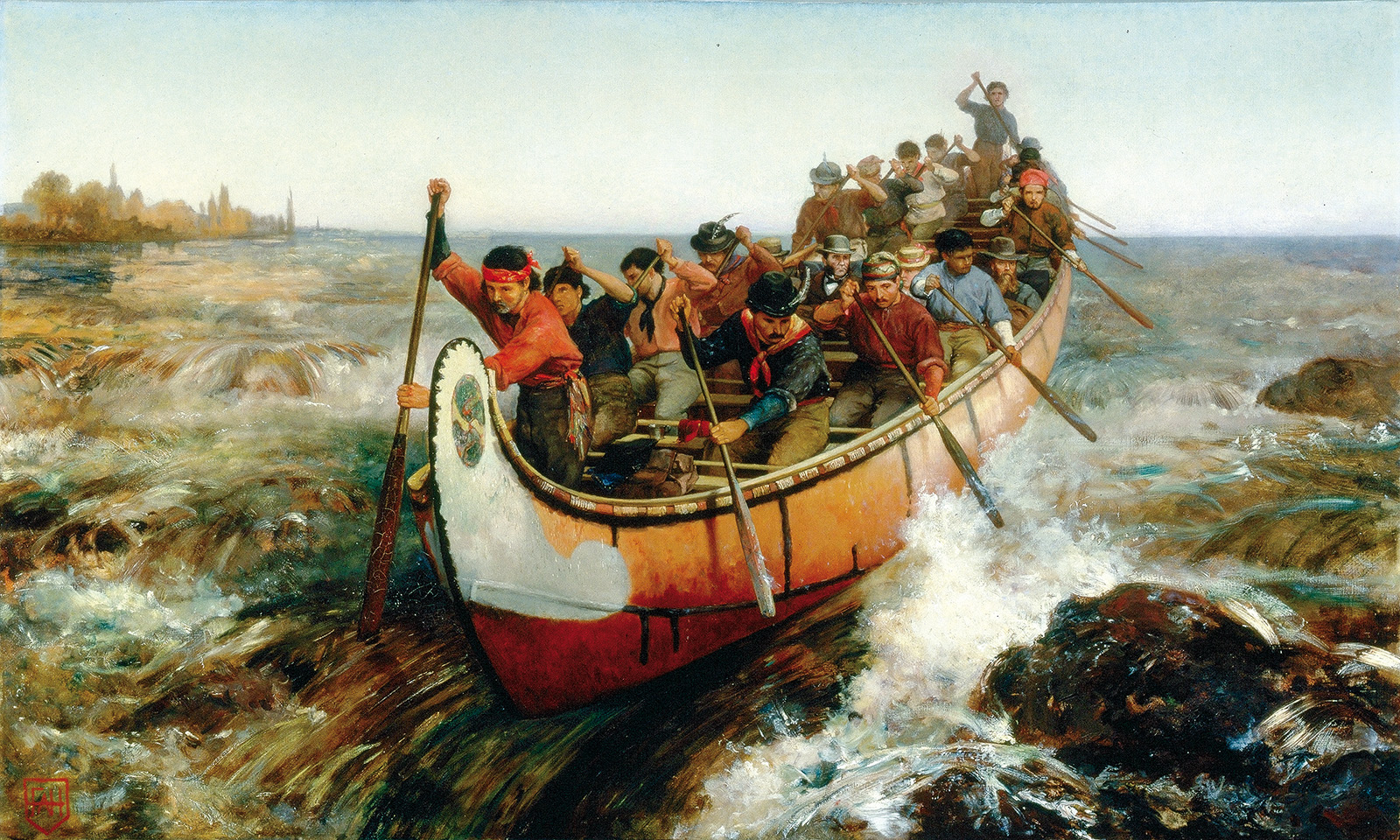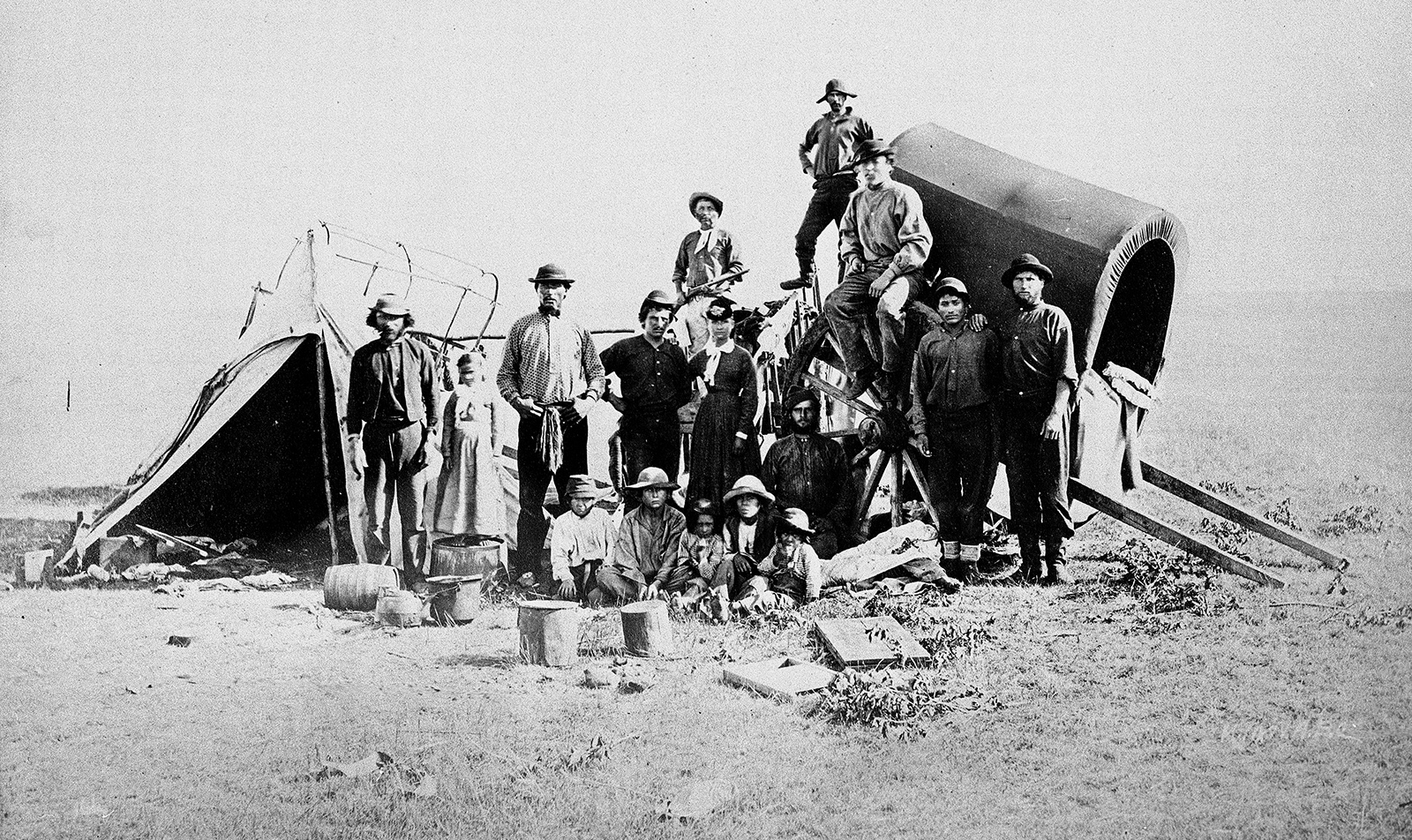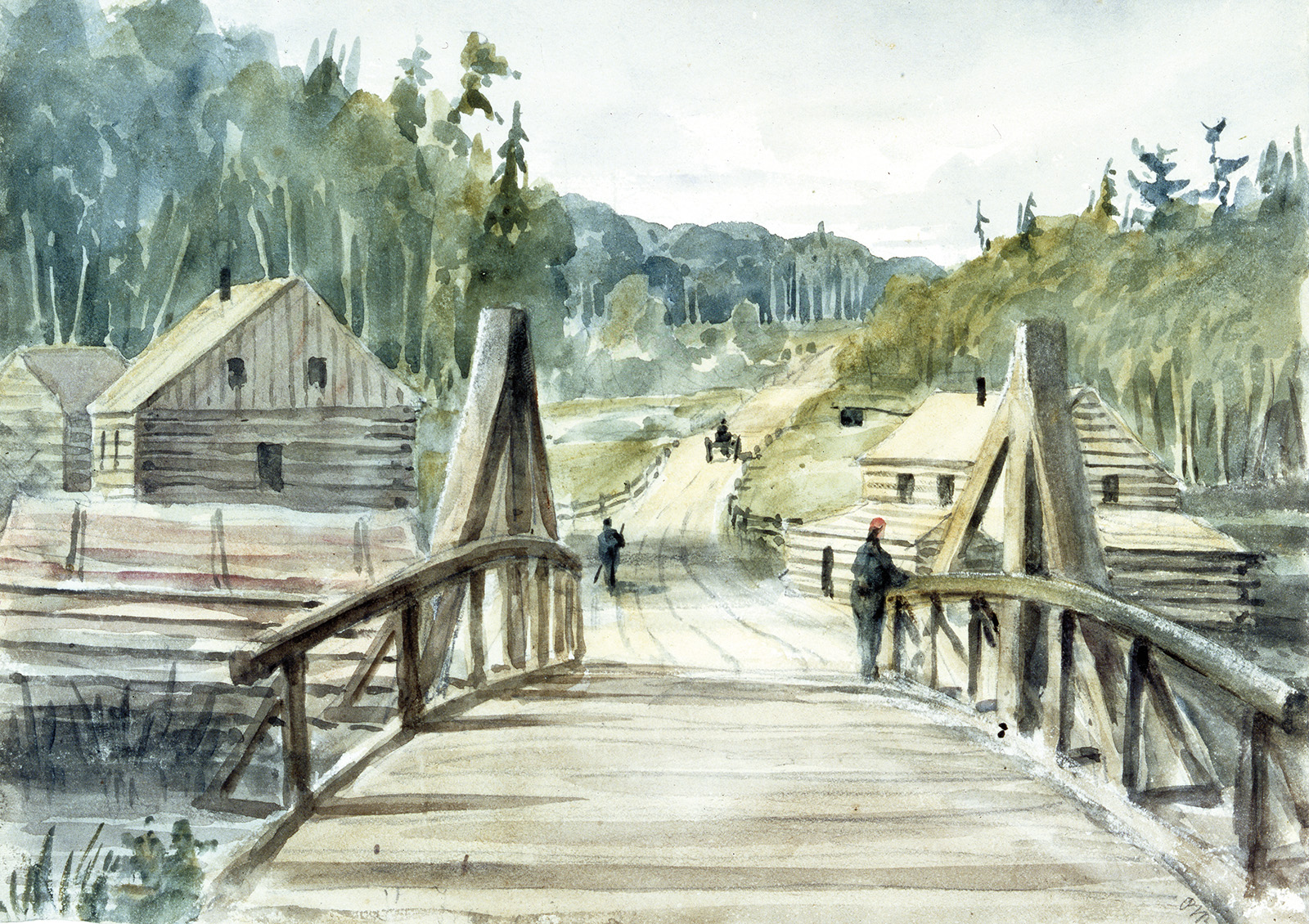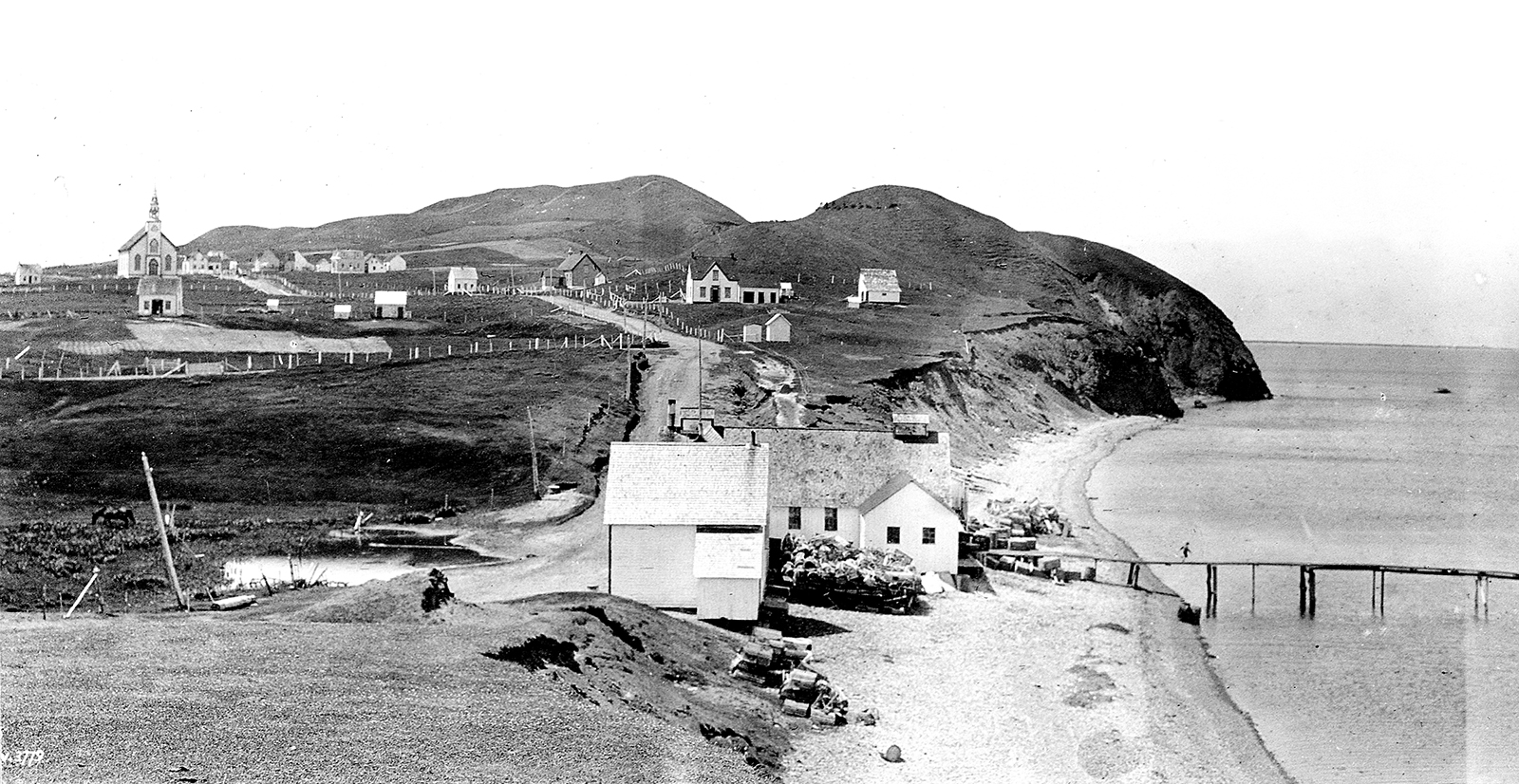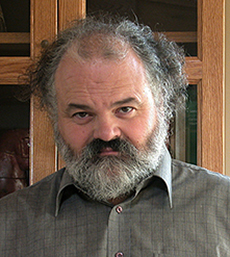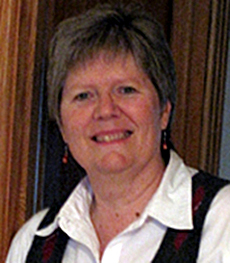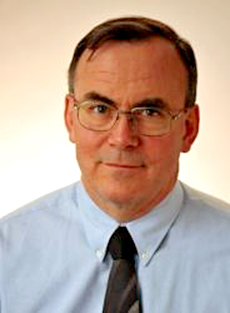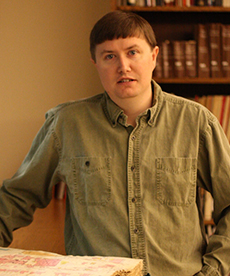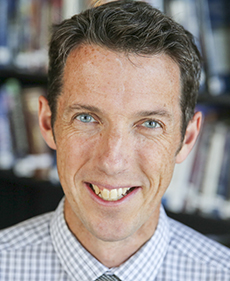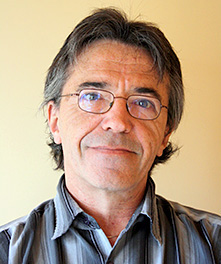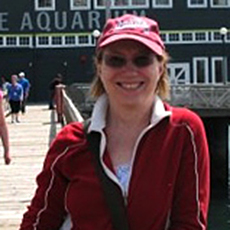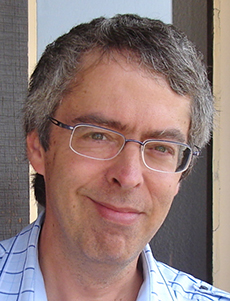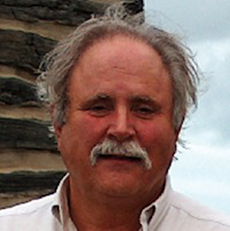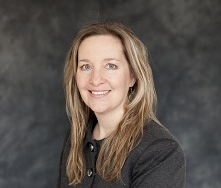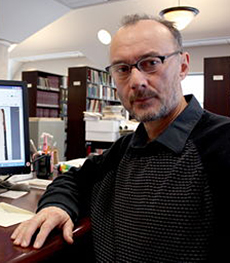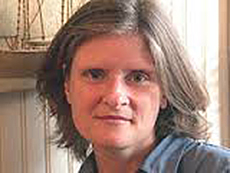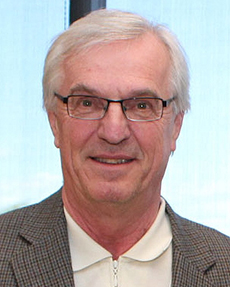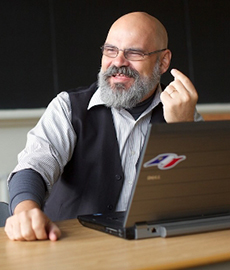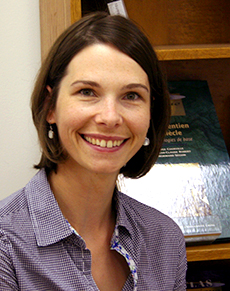Researchers
PRINCIPAL RESEARCHER
Yves Frenette
Historian, Department of Humanities and Social Sciences, Université de Saint-Boniface (USB)
Professor and holder of the Level 1 Canada Research Chair on migrations, transfers and Francophone communities , Yves Frenette is a leading expert on Francophone North America, immigration and ethnic groups. Author or co-author of three books and over 100 chapters and articles, he has also edited more than fifteen collective works, mainly on the French presence in North America. Yves Frenette is editor of the website Francophonies canadiennes: identités culturelles, which has won several awards. In autumn 2016, he received the Ordre des francophones d’Amérique, an honour awarded by the Conseil supérieur de la langue française du Québec. This prestigious recognition underlines the high quality of a scientific and research career commitment to the Francophone communities of North America. He is also a member of the Royal Society of Canada.
CO-RESEARCHERS
Claude Bellavance
Historian, Department of Humanities, Université du Québec à Trois-Rivières (UQTR)
Specialist in the economic history of contemporary Quebec; his principal areas of research are the history of energy, business history, urban and regional history. His research also covers the migration flows which are specific to the Mauricie region. He was co-editor of the historical synthesis of the Centre-du-Québec which was published in 2013 and of a volume in the Atlas historique du Québec on urbanization. At UQTR he is jointly in charge, with France Normand, of the IMPQ (Infrastructure intégrée des micro-données historiques de la population québécoise).
Danielle Gauvreau
Demographer, Department of Sociology and Anthropology, Concordia University
As a historical demographer, her work focuses on the history of the population of Quebec, and more particularly, in recent years, on issues of fertility and cultural diversity in the 19th and 2th centuries. She has published numerous articles in which gender, class and culture are highlighted in the attempt to better understand major transformations in past populations. She is co-author with Peter Gossage and Diane Gervais of La fécondité des Québécoises, 1870 à 1970. D’une exception à l’autre (2007) and author of Québec. Une ville et sa population au temps de la Nouvelle-France (1991). Her recent work is on Quebec’s baby boom from 1881 to 1941.
Kris Inwood
Economist, Departments of Economics, Finance and History, University of Guelph
A researcher experienced in the use of micro-data from historical censuses, Kris Inwood’s research interests are on the frontiers between history, demography and economics. His research focuses on questions of inequality and on changes in living conditions and health. He is the director of the Historical Data Research Unit (HDRU), whose main aim is to create a longitudinal data series based on the Canadian censuses of 1871 and 1891.
Historical Data Research Unit (HDRU): http://hdru.ca
Donald Lafreniere
Geographer, Department of Social Sciences, Michigan Technological University.
As a historical geographer, his work combines development and use of geographical information systems (GIS) with the study of social and environmental changes in the urban populations of the past. He specialises in the regions of London and Windsor (Ontario), Victoria (British Columbia), the Lake Superior basin and the region of the Keweenaw Peninsula (Michigan), and is a co-director of a new project entitled “Keweenaw Time Traveler” which aims to create an interactive digital atlas based on a range of archives and multimedia technologies.
Keweenaw Time Traveler: http://www.keweenawhistory.com
Étienne Rivard
Geographer, Departement of Geography, Université de Saint-Boniface. He was recently appointed Professor of Geography in the Department of Humanities and Social Sciences of the University of Saint-Boniface. He is a specialist on Métis, métissage and relationships between indigenous and non-indigenous people in Canada. His work also deals with Francophone dynamics in the Americas. With Yves Frenette and Marc St-Hilaire he edited the volume of the historical atlas of Quebec on Francophone North America (2012).
Evan Roberts
Historian, Departments of Sociology and Population Studies, University of Minnesota
th and 20th centuries. For some years his work has centered on questions relating to living conditions and health in New Zealand from the 1800s to today, as well as on the household economy and women’s work in the United States between the Civil War and the Second World War. Recently he has set up a project called “Measuring the ANZACs” in collaboration with the Minnesota Population Center, the Zooniverse, Archives New Zealand and the Auckland Museum. This project aims to create a pioneering corpus based on the personal data of New Zealand soldiers of the First World War.Personal page:
http://www.evanroberts.net/
Measuring the ANZACs:
http://www.measuringtheanzacs.org/
Marc St-Hilaire
Geographer, Department of Geography, Université Laval
Co-director of the Centre interuniversitaire d’études québécoises (CIÉQ-Laval); he has recently co-edited the historical atlas of Francophone North America. He is one of the foremost specialists in the reconstruction of populations at the regional, provincial and national levels between 1852 and 1911. His research activities are particularly aimed at the continental evolution of matrimonial areas and the formation and evolution of urban populations in Quebec. He is a co-director of the Population et histoire sociale de la ville de Québec (PHSVQ) research program and a researcher in the Canadian Century Research Infrastructure (CCRI). He is actively involved in developing new research infrastructures on past populations (such as IMPQ) and geo-referenced historical databases.
Nicole St-Onge
Ethno-historian, History Department, University of Ottawa
Nicole St-Onge specialises in the voyageurs and the Métis of Central and Western North America in the 18th and 19th centuries. Her research is specifically focused on French-Canadian voyageurs in the American Fur Company (1817-1837), Métis ethnogenesis in the Prairies (1790-1850), and the Franco-Catholic population of Michilimackinac (1780-1850). She is the author of numerous articles and works on this subject, in particular of Family, Mobility and Territoriality in Metis History (2012) et Saint-Laurent, Manitoba: Evolving Métis Identities, 1850-1914 (2004).
Marc Tremblay
Demographer, Departement of Humanities and Social Sciences, Université du Québec à Chicoutimi (UQAC)
His main research activities are based around the demographic study, from a historical and genetic perspective, of the regional populations of Quebec. He is a leading specialist in the use of the BALSAC population register. He is involved in the development of the Infrastructure intégrée des micro-données historiques de la population québécoise (IMPQ) and has published numerous articles on the origins and genetic contributions of the founders of the Quebec population.
Portefolio UQAC: www.uqac.ca/portfolio/marctremblay/
Balsac – Fichier de population: http://balsac.uqac.ca/
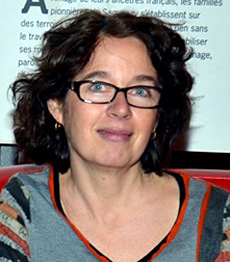
Hélène Vézina
Demographer, Departement of Humanities and Social Sciences, Université du Québec à Chicoutimi (UQAC)
As Director of the BALSAC project, Hélène Vézina is interested in the demographic, genetic and cultural diversity of the Quebec population and the nature of the demo-historical factors which have contributed to it. She is author and co-author of more than 50 publications in historical demography and population genetics. Her recent and current research is into the demographic mechanisms of socio-cultural transformations in urban populations between 1850 and 1910, and on the micro-demography of the population of Saguenay-Lac-Saint-Jean from a comparative perspective (1840 – 1970). She is also an expert in methods for combining civil register and census data, and she is the director for the development of the Infrastructure intégrée des micro-données historiques de la population québécoises (IMPQ).
Portefolio UQAC: www.uqac.ca/portfolio/helenevezina
Balsac – Fichier de population: http://balsac.uqac.ca/
Collaborators
Virgil Benoit
French Literature scholar, Department of Languages, University of North Dakota
Virgil Benoît is Director of Initiatives en français (IFMidwest), and also President of the Association des Français du Nord (AFRAN) which he founded in 1982. Through his teaching, his research and his actions in the Francophone Midwest, he is committed to highlighting the relationships between collective ideology and “regenerative themes” in the Francophonie . He is the winner of a number of prizes awarded for research, publication, and facilitation activities concerning the French presence in North America. Notable among these distinctions was his election as “French teacher of the year” by the American Association of Teachers of French (AATF) of Minnesota in 2000; he has also been awarded the decorations of the Ordre des francophones d’Amérique and the Palmes académiques de France.
Lisa Dillon
Historical demographer, Department of Demography, Université de Montréal
Lisa Dillon is Director of the Historical Demography Research Program of the Université de Montréal. She specialises in the historical demography of the family and of aging in Canada and the US. She is also actively involved in the development of research infrastructures based on parish registers and historical census data, as demonstrated in her work with the Registre de la population du Québec ancien (RPQA), her collaboration on the Infrastructure intégrée des micro-données historiques de la population québécoise (IMPQ), and her involvement in the North Atlantic Population Project (NAPP), the Canadian Families Project, and the creation of the complete set of the 1881 Canadian census (PRDH). She is the author of The Shady Side of Fifty: Age and Old Age in Late Victorian Canada and the United States (2008).
Gilles Lesage
Archivist, Société historique de Saint-Boniface
Gilles Lesage has been Director of the Société historique de Saint-Boniface since 2003, and has been a member of the board of the Manitoba Association of Archivists, of the Council of the Manitoba Archives and the Manitoba Archives Association. From 2001 to 2005 he was General Secretary of the Bureau of Canadian Archivists as well as being a member of the Steering Committee of the Professional Associations Section of the International Council on Archives. Since 2012 he has been the representative of the Association des archivistes du Québec at the Sectorial Commission on Culture, Communication and Information of the Canadian Commission for UNESCO. He is also a member of the Program Committee of the Association of Canadian Archivists.
France Normand
Historian, Department of Humanities, Université du Québec à Trois-Rivières (UQTR)
She works on the socio-economic history of Quebec, in particular on maritime history, town and country relationships, and social relations and space in Quebec during the period of industrialisation. Her principal projects include cultural diversity and multiple occupations in the coastal communities of Eastern Quebec, and the formation Trois-Rivières’ population. She is also part of the major project to build an integrated research infrastructure on the population of Québec (IMPQ), bringing together micro-level data from the Canadian census and civil records.
Guy Parent
President of the Quebec City Genealogy Society and President of the Quebec Federation of Genealogy Societies
L’Ancêtre and Héritage, and a number of biographies of pioneers, including in 2005 that of his own ancestor “Pierre Parent, le pionnier” published by the Quebec Genealogy Society (SGQ). He has also created and participated in many of the training workshops organized by the SGQ. He is a three-time winner of the SGQ L’Ancêtre prize and has twice won the Héritage prize of the Société de généalogie du Grand Trois-Rivières. Since 2013 he has been president of the Quebec City Genealogy Society and since 2016 of the Quebec Federation of Genealogy Societies.
Léon Robichaud
Historian, Department of History, Université de Sherbrooke
Specialist in the social history of New France, and in particular of the city of Montreal and its heritage. His work is on institutional networks in a diachronic perspective, and on the social history of politics, the enforcement of justice and the colonial police. He is a practitioner of visual representation of historical phenomena’ methods (such as geo-spatial analysis and 3D and 4D modelling). Léon Robichaud is a co-director of the Montreal History and Heritage Laboratory (Laboratoire d’histoire et du patrimoine de Montréal (LHPM) and also co-directs many other related projects such as a bibliography of works on the history of Montreal, a chronology of events in the history of the city, and an app to enable its buildings to be explored virtually. He is a member of the Canadian Historical Geographic Information Systems Partnership.
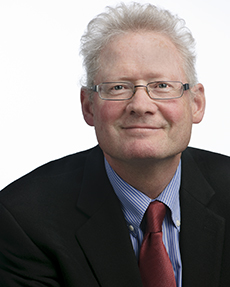
John Willis
Historical geographer, Conservator and Researcher, Canadian Museum of History
John Willis holds a doctorate in historical geography from Université Laval and has worked for 25 years at the Canadian Museum of History as a conservator, with a research interest initially in the history of the postal service. He has studied sales by correspondence, the postal service in rural areas, labour relations in post offices, the history of letter-writing and the postal service in connection with the emigration of French Canadians to the United States. For some years he has been investigating economic history, researching transport by ocean liner (the Empress of Ireland) eand the history of the Canadian-American frontier. He edited the book Readings in Transport, Communication and the History of Postal Communication (2007), and has also published with Y. Frenette and M. Martel Envoyer et recevoir: Lettres et correspondances dans les diasporas francophones (2006). With Chantal Amyot, he has written Le courrier est arrivé, la poste rurale au Canada de 1880 à 1945 (2003) and has edited a collective work to appear in 2017: Tu sais mon vieux Jean-Pierre: Essays on the Archaeology and History of New France and Canadian Culture in Honour of Jean-Pierre Chrestien. He is editor of the Mercure collection of the Canadian Museum of History.
Coordination
Marie-Eve Harton
Sociologist, Postdoctoral scholar, Level 1 Canada Research Chair on Migrations, transfers and Francophone communities, Université de Saint-Boniface
Author of a doctoral thesis on the demographic regimes of French-Canadians in Quebec and Manchester (New Hampshire) at the turn of the 20tth century, Marie-Eve Harton is a young scholar whose work combines the study of social change, mainly in terms of social and family reproduction, and methodological innovation. She is experienced in the use of historical micro-level data from Canadian and US censuses, and her skill base is in the use of quantitative databases as well as in the analysis of the context of production of historical census material.
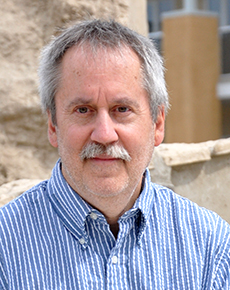
Yves Labrèche
Anthropologist, Department of Humanities and Social Sciences, Université de Saint-Boniface
Professor at the Université de Saint-Boniface for over 10 years, where he has coordinated the Masters program in Canadian Studies since 2012 and the Canada Research Chair on Migrations, transfers and Francophone communities since 2013. He played the same role in the university and community research alliance on Francophone identities in Western Canada between 2007 and 2013. During this period he has published on the history and daily life of Francophone minorities, especially Metis, but also other involuntary minorities such as refugees. Before this, he lived in Northern communities where he directed ethno-archaeological projects, and the findings of this research contributed to the understanding of indigenous cultures in the Arctic (1980-1995) and Labrador (1996-2006). He has published articles in numerous journals including Francophonies d’Amérique, Recherches amérindiennes au Québec, Thèmes canadiens and Études Inuit.

